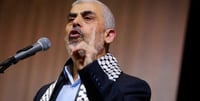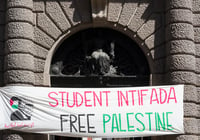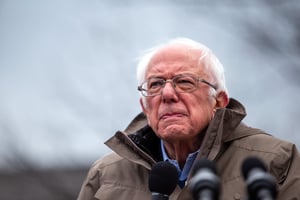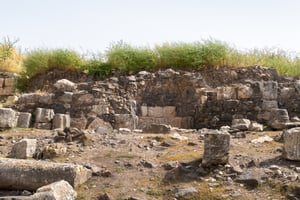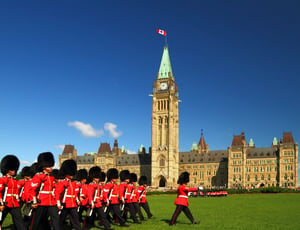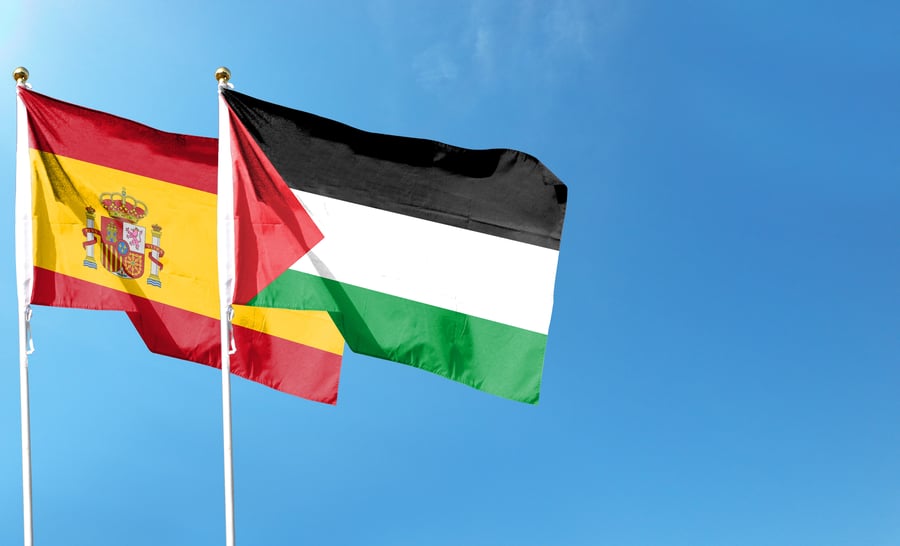
Two weeks ago, the Palestinian ambassador presented his credentials to King Felipe, after Spain recently officially recognized a Palestinian state. This week, Palestinian Authority Chairman Mahmoud Abbas was greeted in the country with great respect, whose visit also included a warm and friendly meeting with Spanish Prime Minister Pedro Sanchez.
Soon, Sanchez promised, there will be an official bilateral meeting between Spain and Palestine, after a large international conference was held 10 days ago with the participation of foreign ministers from Arab and European countries to promote the two-state solution. The only country not invited to the conference that received exposure as a major international event was Israel, which is perceived by the current Spanish government as irrelevant to the process.
The Israeli Foreign Ministry chose not to launch a direct attack on Spain, the initiator of the meeting, and chose to focus its fire on EU Foreign Minister Josep Borrell, who leaves office at the end of October.
On October 6 and 7, several organizations, some of which receive Iranian funding, will hold events throughout Spain to celebrate the "Al-Aqsa Flood" – Hamas' name for the October 7 massacre – and the Spanish postal workers' union chose to strike to protest "Israeli aggression" on October 9, as if the Hamas massacre in the south had never taken place.
In the midst of all this anti-Israeli activism, Israel itself seems to be absent from the scene in Spain and its voice is barely heard there. Not that Israel has no friends in the country or people willing to help, but when the embassy has been without an ambassador for many months (since May) and is operating in a kind of emergency format, it is difficult to bring Israel's voice to the media or initiate meetings with senior Spanish officials. Sources familiar with Israel-Spain relations say that leaving the arena empty only strengthens the anti-Israel line and creates a feeling that we have given up on Spain.
* Ynet contributed to this article.





